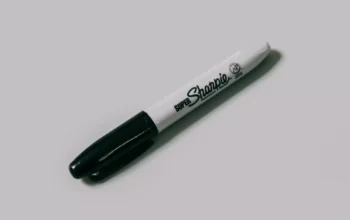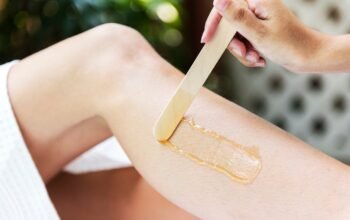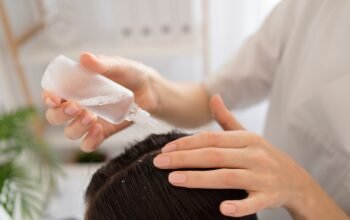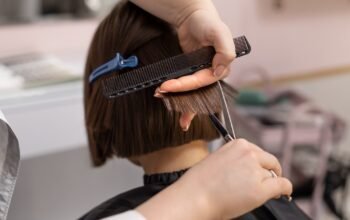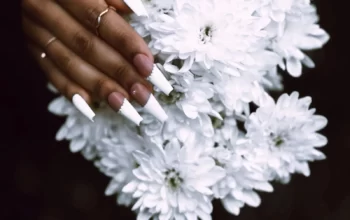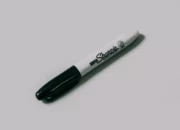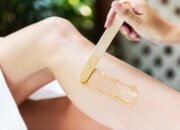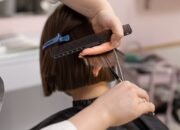middleportal.com – Getting a nose piercing is a popular form of self-expression, but it’s important to understand the healing process before diving in. In this article, we will discuss the time it takes for a nose piercing to heal, how to know when it’s healed, and some tips to help speed up the healing process.
Initial Healing Period
After getting a nose piercing, it’s normal to experience some initial side effects such as blood, swelling, tenderness, or bruising. These symptoms usually subside within the first few days. However, it’s important to note that the healing process is different for everyone.
On average, pierced nostrils take about 2 to 4 months to heal completely. During this time, you may experience some soreness, tenderness, and redness. It’s essential to follow proper aftercare instructions provided by your piercer to ensure a smooth healing process.
A pierced septum, on the other hand, takes slightly longer to heal. It usually takes about 3 to 4 months for a septum piercing to fully heal. Again, individual healing times may vary, so it’s crucial to be patient and attentive to your body’s signals.
Changing Your Nose Piercing
One common question that arises during the healing process is when it’s safe to change your nose piercing. It’s recommended to wait until your piercing is fully healed before attempting to change the jewelry. Prematurely changing the jewelry can disrupt the healing process and increase the risk of infection.
As a general guideline, it’s best to wait at least 2 to 4 months for a pierced nostril to heal before considering jewelry changes. For a pierced septum, waiting 3 to 4 months is advisable. However, it’s always a good idea to consult with your piercer for personalized advice based on your healing progress.
Signs of a Healed Nose Piercing
Knowing when your nose piercing is fully healed is crucial to prevent any complications. Here are some signs to look out for:
- No more pain or tenderness: A healed piercing should not cause any discomfort or soreness.
- No redness or swelling: The area around the piercing should appear normal and not show any signs of inflammation.
- No discharge or crust: A healed piercing should not produce any discharge or crust.
- Easy movement of jewelry: If you can easily move the jewelry without any pain or resistance, it’s a good indication of healing.
If you experience any persistent pain, redness, swelling, or discharge, it’s essential to seek professional advice as these may be signs of infection or other complications.
Speeding Up the Healing Process
While the healing time of a nose piercing is largely dependent on your body’s natural healing process, there are a few things you can do to potentially speed up the healing:
- Follow proper aftercare: Clean your piercing twice a day with a saline solution or a mild, fragrance-free soap recommended by your piercer.
- Avoid touching the piercing: Minimize contact with your hands to prevent introducing bacteria into the healing piercing.
- Avoid changing jewelry too soon: As mentioned earlier, wait until your piercing is fully healed before attempting to change the jewelry.
- Avoid submerging the piercing in water: While showering is generally fine, it’s best to avoid swimming pools, hot tubs, and other bodies of water until the piercing is healed.
- Be mindful of your lifestyle choices: Avoid smoking, excessive alcohol consumption, and other activities that may hinder the healing process.
Healing time for a nose piercing can vary from person to person, but on average, pierced nostrils take about 2 to 4 months to heal completely, while a pierced septum may take around 3 to 4 months. It’s important to be patient and follow proper aftercare instructions to ensure a successful healing process. If you experience any concerning symptoms or have questions about your healing progress, always consult with your piercer or a healthcare professional.

